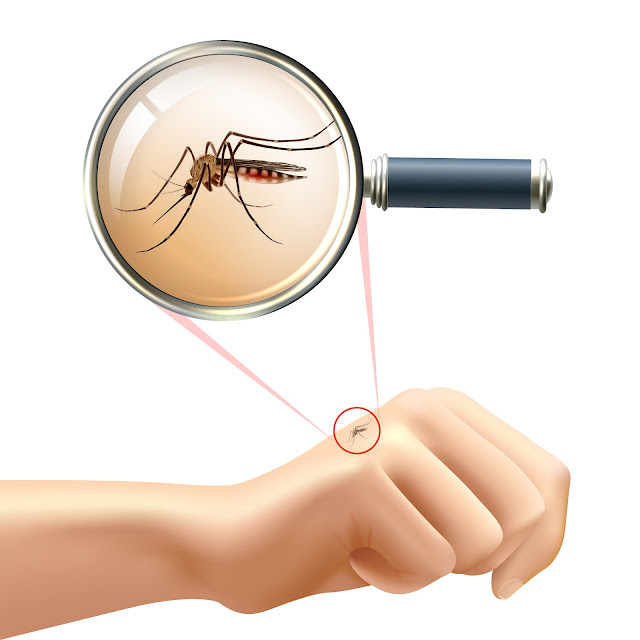Introduction:
1. The Complexity of Dengue Treatment
Dengue fever, caused by the dengue virus transmitted through Aedes mosquitoes, can range from mild flu-like symptoms to severe cases that may lead to dengue hemorrhagic fever or dengue shock syndrome. The complex nature of the disease necessitates continuous advancements in medical treatments to ensure better patient outcomes.
2. Targeted Antiviral Therapies: A Precision Approach
Recent breakthroughs have paved the way for targeted antiviral therapies tailored to combat dengue infections directly. Researchers are investigating compounds that inhibit viral replication and effectively reduce the viral load. These therapies minimize the severity of symptoms and potentially prevent the progression to severe dengue forms.
3. Monoclonal Antibodies: Neutralizing the Virus
Monoclonal antibodies are emerging as a promising approach in dengue treatment Dangue Medicine. Engineered to mimic the body's natural immune response, these antibodies can neutralize the virus and prevent its further spread. This innovation can potentially treat active infections and provide short-term immunity against dengue.
4. Vaccine Development: A Preventive Strategy
Vaccines have long been a focal point in the fight against dengue. Recent advancements have led to the development of the Dengvaxia vaccine, which provides partial immunity against the virus. Ongoing research aims to refine existing vaccines and create new ones that offer more comprehensive protection across dengue virus serotypes.
5. Personalized Treatment Plans: Tailoring Care to Individuals
Advancements in medical technology allow for a more personalized approach to dengue treatment. Genetic profiling and diagnostic tools help identify patients at higher risk of severe dengue and guide medical professionals in developing targeted treatment plans.
6. Supportive Care Innovations: Managing Complications
In severe dengue cases, patients may experience complications requiring advanced medical interventions. Innovations in critical care, such as fluid management strategies and advanced monitoring techniques, are instrumental in improving patient outcomes and reducing mortality rates.
7. Telemedicine and Remote Monitoring: Overcoming Challenges
In regions with limited access to medical facilities, telemedicine, and remote monitoring technologies play a crucial role. Patients can receive guidance from healthcare professionals, and their conditions can be monitored remotely, enabling timely interventions and reducing the risk of complications.
8. Collaborative Research Efforts: Accelerating Progress
The fight against dengue requires collaborative efforts among researchers, healthcare professionals, pharmaceutical companies, and government agencies. These collaborations facilitate sharing of knowledge, resources, and expertise, ultimately expediting the development and dissemination of innovative treatments.
9. Public Health Campaigns: Raising Awareness
Innovations in dengue medicine extend beyond the laboratory. Public health campaigns that educate communities about preventive measures, symptoms, and available treatments contribute to early detection and better patient outcomes Registered Hakeem In Lahore.
10. Conclusion: A Hopeful Horizon
The landscape of dengue medicine is evolving rapidly, with innovations that promise to transform how we manage and treat this infectious disease. From precision therapies to preventive vaccines and enhanced supportive care, these advancements bring us closer to a future where dengue's impact is minimized, and its burden alleviated. As research and innovation progress, the fight against dengue enters a new era of possibility and hope.


Comments
Post a Comment